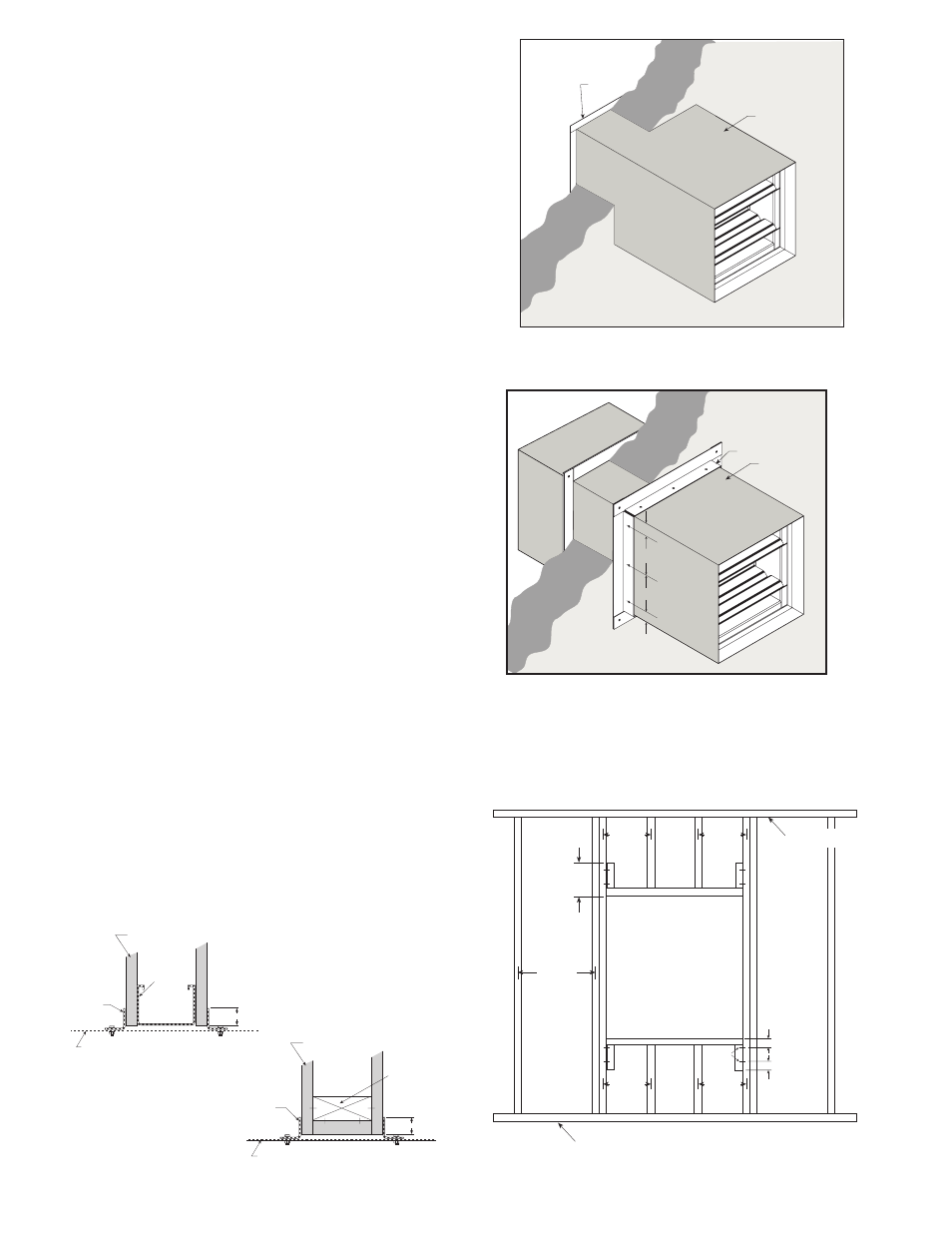Figure 4, In. (6mm) bolts and nuts, Figure 5 – Greenheck Multi-blade Fire & Combination Fire Smoke Dampers Installation Booklet (826249) User Manual
Page 46

4. SECURING THE DAMPER/SLEEVE ASSEMBLY TO
WALL OPENINGS cont....
• For continuous duct installations, the retaining angles
must be a minimum of 20 ga. (1mm). The leg of the
retaining angle on the damper sleeve shall be a
minimum of 11/4 in. (32mm). The leg of the retaining
angle on the wall/floor shall be long enough to cover the
annular space and overlap the wall/floor by a minimum
of 1 in. (25mm)(see Figure 3).
• Retaining angles must be attached to the sleeve using
one or more of the following methods of attachment:
• Tack or spot welds
• #10 (19mm) sheet metal screws
•
1
⁄
4
in. (6mm) bolts and nuts
•
3
⁄
16
in. (4.7mm) steel pop rivets
Attachments must be spaced a minimum of 6 in. (152mm)
on center and a maximum of 2 in. (51mm) from corners.
The angles must be attached to all 4 sides of the sleeve.
A minimum of two attachments are required on each side,
top and bottom. The angles need not be attached to each
other at the corners.
C
aution
!
Do not tear the thermal blanket during
installation.
Dampers are tested for correct operation and are square
and straight before shipment from the factory. Dampers
must be installed square and straight and must not be
twisted or racked. Failure to install the damper square
and straight may prevent the damper blades from
operating open and closed.
5. ACTUATOR CONNECTIONS
Electrical and/or pneumatic connections to damper
actuators should be made in accordance with wiring and
piping diagrams developed in compliance with applicable
codes, ordinances and regulations (see Electrical
Guidelines).
Retaining Angle
Thermal Blanket
(installed around
entire outside
surface of sleeve)
2 in. Max.
6 in. Max.
6 in. Max.
2 in. Max.
Wall
Figure 3: Sleeved damper with Thermal
Blanket (duct continuation).
Note: Thermal blanket is riveted to the damper sleeve and
the seam is taped with acrylic adhesive tape, FSK facing
tape 152 5CWnt, manufactured by Venture Tape Company.
12 in.
24 in. o.c.
Maximum
Floor Runner
Ceiling Runner
24 in. o.c.
Maximum
(metal studs)
24 in. o.c.
Maximum
(metal studs)
16 in. o.c.
Maximum
(wood studs)
16 in. o.c.
Maximum
(wood studs)
2 in. (51mm)
2 in. (51mm)
2 Panhead
Screws
Figure 4
Thermal Blanket
(installed around entire
outside surface of sleeve)
Wall
Flange
Figure 2: Sleeved damper with Thermal
Blanket (duct termination).
6
Recommended Preparation of Openings in Metal
Stud Walls
• Frame wall openings as shown (see Figure 4 & 4A)
• Gypsum wall board must be fastened 12 in. (305mm)
on center to all stud and runner flanges surrounding
opening (see Figure 4 & 4A).
• Prepare opening between studs and sleeve assembly as
shown below (see Figure 5).
• All construction and fasteners must meet the
requirements of the appropriate wall design (See UL Fire
Resistance Directory) and/or local codes.
Metal Stud Construction
Wooden Stud Construction
In wood stud construction,
gypsum wallboard must cover
all wood stud surfaces.
Gypsum Wa llboard
Stud or Runner
Retaining
Angl e
1 in. Min.
Damper
Sleeve
In metal stud construction,
exposed steel surfaces need
not be covered with gypsum
wallboard.
Gypsum Wallboard
Stud or Runner
Retaining
Angle
1 in. Min.
Damper
Sleeve
Metal Stud Construction
Wooden Stud Construction
In wood stud construction,
gypsum wallboard must cover
all wood stud surfaces.
Gypsum Wa llboard
Stud or Runner
Retaining
Angl e
1 in. Min.
Damper
Sleeve
In metal stud construction,
exposed steel surfaces need
not be covered with gypsum
wallboard.
Gypsum Wallboard
Stud or Runner
Retaining
Angle
1 in. Min.
Damper
Sleeve
Figure 5
46